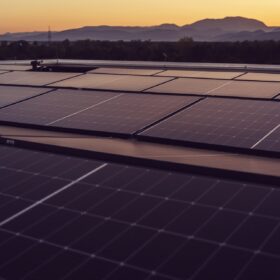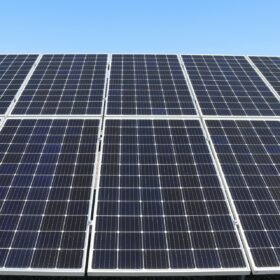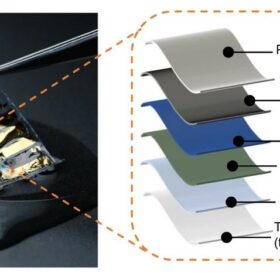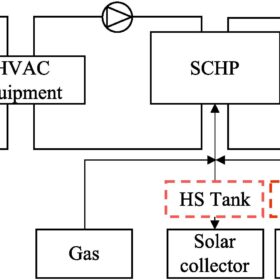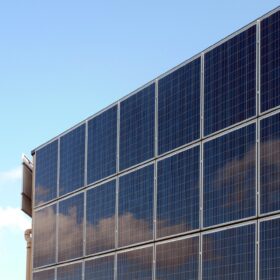Enfinity Global secures $162.4 million for 250 MW solar portfolio in Japan
Enfinity Global has closed $162.4 million in financing for a 250 MW solar portfolio in Japan. The seven utility-scale projects are expected to produce 300 GWh of clean energy per year.
Photovoltaics for cold climate data centers
A Japanese-Finnish research group has assessed the levelized cost of energy of solar power plants supplying electricity to data centers in cold climates and has found that PV electricity could be considerably cheaper than grid electricity, even if used with battery storage.
Canadian Solar, Toyota Tsusho sign 20-year PPA in Japan
The power purchase agreement covers all the energy generated at a 1.2 MW facility in eastern Japan and a 1.9 MW site in the south west of the country.
Canon unveils passivation material to improve perovskite solar cell durability
Canon has announced a new functional material for perovskite thin film passivation that potentially improves durability of perovskite solar cells while enabling a mass-production process. The Japanese company aims to start commercial production of the material in 2025.
BASF, NGK launch sodium-sulfur battery with less than 1% degradation rate
A set of technological improvements incorporated into the new product NAS MODEL L24 allows for lower maintenance costs compared to the earlier sodium sulfur battery type developed by the two manufacturers.
Japan reports radio interference from PV systems
Japan’s Ministry of Internal Affairs and Communications says that since 2021, it has received 44 reports of unwanted radio wave emissions from solar power systems, including interference with defense facilities and emergency wireless equipment. The ministry warns that PV systems may be removed by law if they continue to cause problems.
Japanese researchers build 14.3%-efficient bendable, waterproof organic solar cell
Researchers from Japan’s Riken Center for Emergent Matter Science have fabricated an organic solar cell that has achieved waterproofness without reducing flexibility. At 3 micrometers thick, it is thought to be the first cell of its kind to survive a washing machine cycle and retain efficiency after multiple cycles.
The Hydrogen Stream: Japanese scientists develop proton-conducting perovskites for fuel cells
Scientists from the Tokyo Institute of Technology (Tokyo Tech) and High Energy Accelerator Research Organization (KEK) have developed a highly oxygen-deficient perovskite for protonic ceramic fuel cells (PCFCs), while the European Commission has approved its fourth Important Project of Common European Interest (IPCEI).
Japanese researchers unveil solar chemical heat pump system for buildings
The novel heat pump concept combines solar energy with chemical storage and reportedly consume 75% less electricity than conventional heat pumps. The system relies on a battery and a heat storage tank that can be used either separately or simultaneously, depending on the outdoor conditions.
Itochu, Google enter into long-term power agreement in Japan
The power purchase agreement will see Clean Energy Connect Co Ltd, an Itochu portfolio company, develop around 72 MW of dedicated solar plants for Google by 2026, to help reach the search engine company’s renewable energy targets.
